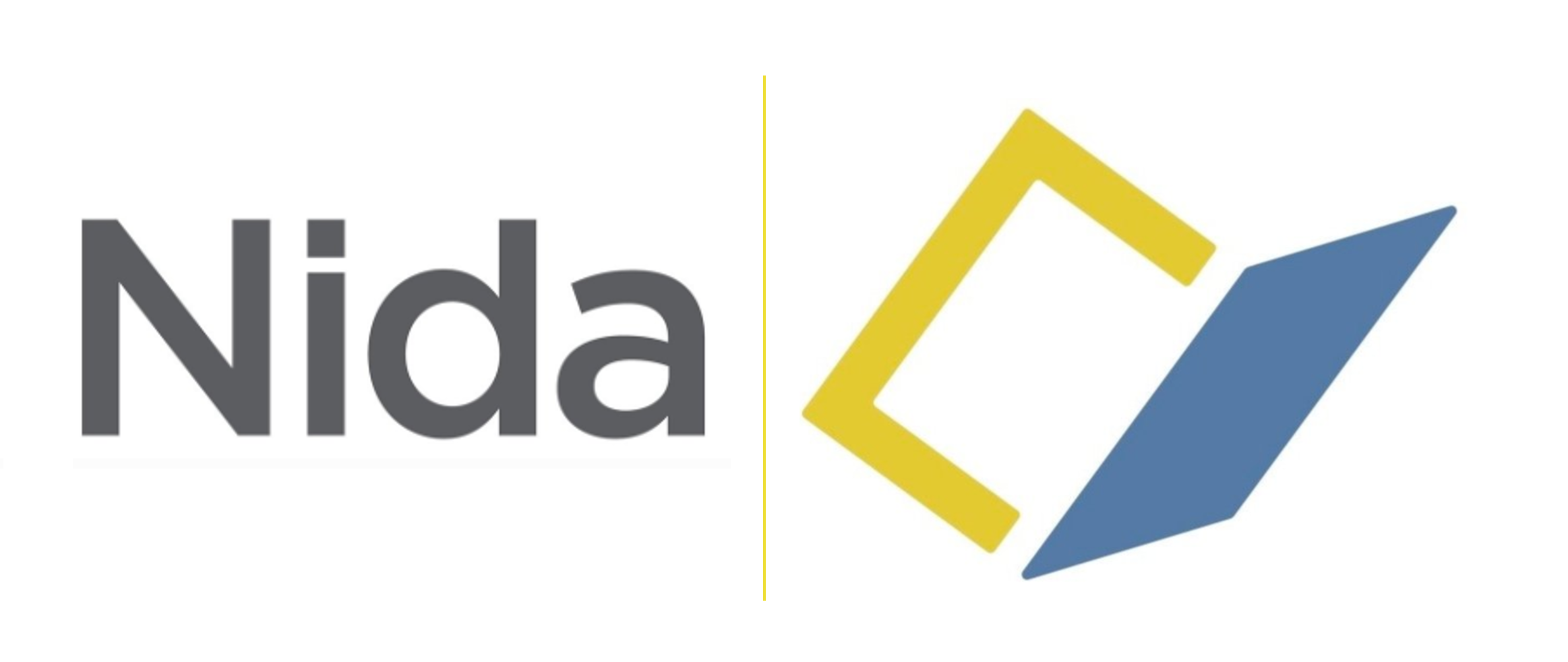
|
Home | History | Translation | Bible Resources | Partnerships | Team |

|
As part of the legacy of Eugene Nida, the Nida Institute has always been looking for innovative ways to further the cause of Bible Translation.
As early as 2011 NIDA was already investigating alternative ways to do Bible translation in ways beyond the traditional approaches. This led to workshops on Bible translation "beyond print", including inter-semiotic translation, sign language translation, and, more recently, Oral Bible Translation (OBT).
NIDA has been critically evaluating emerging methodologies in OBT, and finally ended up proposing a methodology of its own, which was subsequently piloted in Chad and Guatemala. Both pilots were completed successfully.
In order to facilitate our proposed methodology NIDA initiated the development of a specific tool for OBT. This tool, which is called Audio-Visual Translation Tool (AVTT), was subsequently developed and is currently used by 100+ projects in different parts of the world. The development work, which started in 2020, is currently carried out by ABS' Digital Bible Lab, with input from NIDA.
The UBS Fellowship has always been hesitant about getting involved in Bible translation for minority groups. For that purpose NIDA developed a new formula, called Cornerstone Clusters. These are three-year pilot projects involving a mix of oral and written Bible Translation, combined with Scripture Engagement, that help local communities find their linguistic identity and determine their Scripture needs. This formula has been well received and new projects have been implemented in Mexico, the Democratic Republic of Congo, and the Philippines.